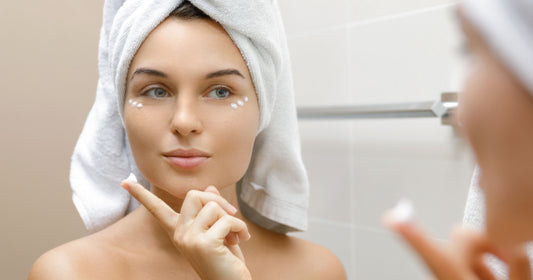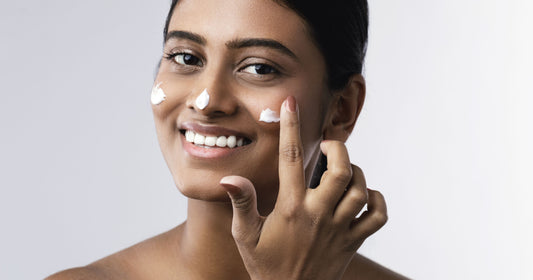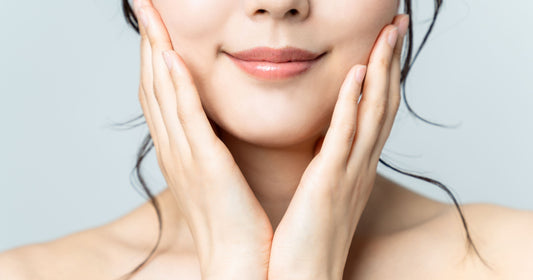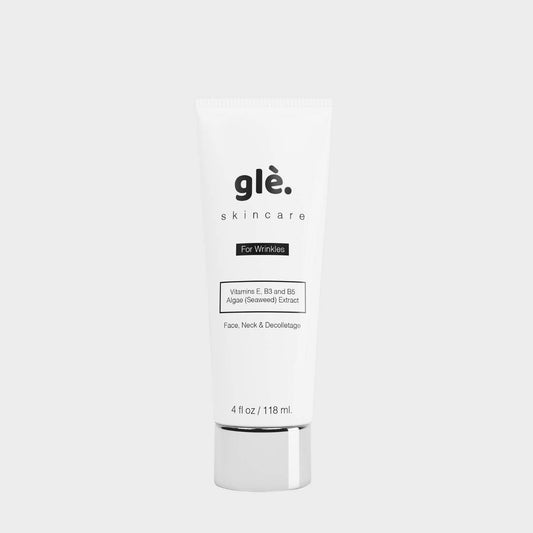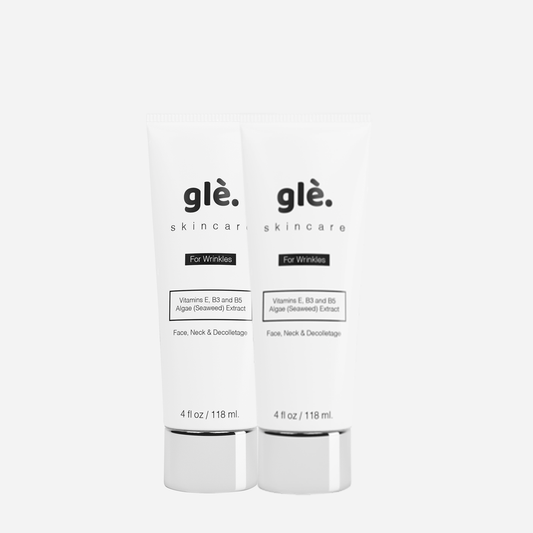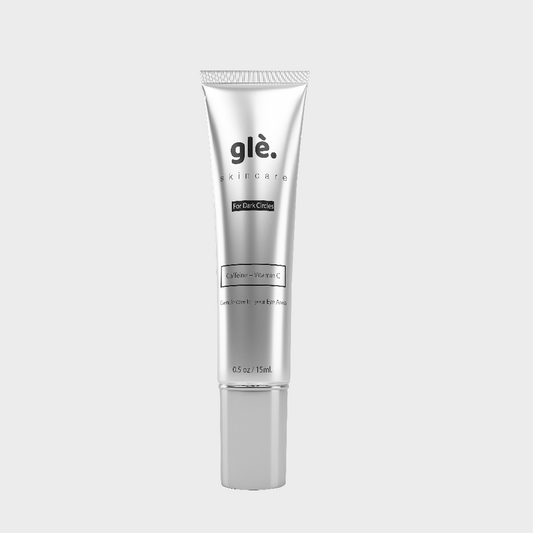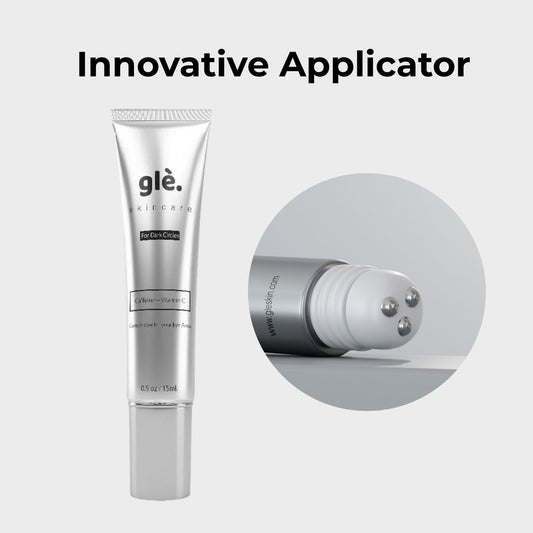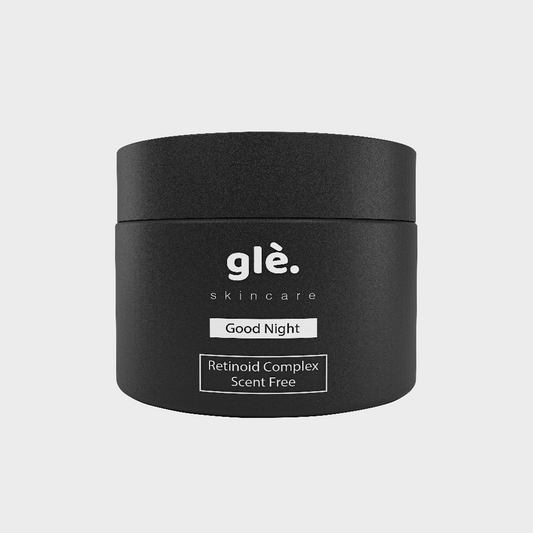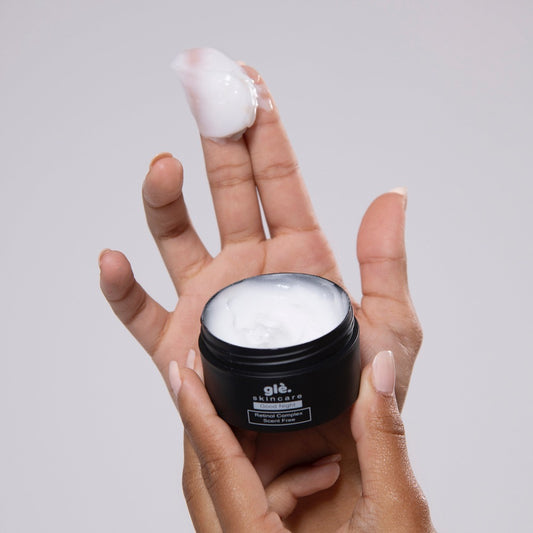Successful Anti-Aging Nighttime Routine with Retinol
Night creams are not a widely used step in skincare regimens when compared to cleansers and serums. Yet, it is an important step in hydrating the skin while you sleep. The best night cream will provide additional benefits, which is why many people opt for anti-aging creams with retinol. As you sleep, you also turn back the hands of time and wake up with smoother, supple skin.
Retinol night creams combine the anti-aging effects of retinol with the hydrating benefits of luxurious creams. Really, you can’t go wrong by adding this product to your skincare routine.
What is Retinol?
Retinol is a vitamin A derivative that comes from a group of compounds called retinoids. It is also one of the most widely researched ingredients for its anti-aging effects with promising studies.
This vitamin A derivative has many purposes, including:
- Acne relief
- Treats sun damage
- Reduces dark spots
- Combats inflammatory skin diseases
Of course, retinol also has many anti-aging effects.
Skin cell turnover naturally occurs in the body, but happens less frequently as we get older. Skin cell turnover is an integral part of keeping skin smooth, as it replaces existing skin cells with new ones. When you apply retinol topically, you encourage skin cell turnover, reduce fine lines and wrinkles, and encourage collagen production – all this works to achieve younger-looking skin.
We recommend using a retinol product once you turn 25, as this is when your body starts to lose collagen. Some people wait until they reach their 30s. We say, why wait?
Get ahead of the problem before it occurs. Even if you don’t see fine lines, wrinkles, age spots, or crepey skin, retinol products will make a wonderful addition to any skincare routine.
Using Retinol at Night
Glè Good Night Cream, as the name implies, is best used at night. Many anti-aging nighttime creams generally have a thicker consistency and may not pair well with other skincare products and makeup that people wear during the day.
Furthermore, some retinoids cause photosensitivity, exposing you to the damaging effects of UV rays.
Not all retinoids cause photosensitivity but are ineffective when exposed to sunlight. Research shows that only two retinoids can be used in the sun: tazarotene and adapalene.
Because retinol isn't on that list, we recommend only applying it at night. If you choose to wear it during the day, make sure to take precautions, like wearing sunscreen and protective hats.
How to Use Glè Good Night Cream
If you plan to add a retinol cream to your nighttime routine, use it in the correct order with your other skincare products. Here is how we recommend using the Good Night Cream.
Step 1
After washing your face, apply a targeted serum that you use to treat a specific skin issue.
Step 2
With your pinky, gently apply eye cream underneath and around your eyes.
Step 3
If you have dry skin, you may benefit from applying a lightweight moisturizer before using the Good Night Cream. For other skin types, this may be an excessive step.
Step 4
Apply the Glè Good Night Cream to your face, neck, and decolletage in circular motions.
If this is your first time using a retinol night cream, you may experience some irritation. This is normal, but if the problem persists, discontinue use, and look for a formula designed for extremely sensitive skin.



